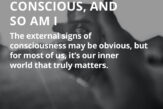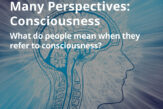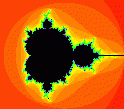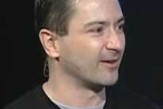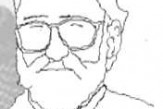Author Archive
Scicon Review
Motivation and Emotion — New issue
Volume 30 Number 1 of Motivation and Emotion is now available on the www.springerlink.com web site at http://www.springerlink.com. Please find below the latest table of contents for your registered journal and book alert. By cl...
Scicon Review
Emotion — New issue out
A new issue of Emotion is now out: Volume 6, Issue 3 Documenting and Explaining the Common AAB Pattern in Music and Humor: Establishing and Breaking Expectations.
Scicon Review
Episodic memory – From brain to mind
Hippocampus has a special issue on episodic memory and how it is studied. It is a comprehensive and thought provoking gathering of some of the front-end researchers in this field. Among the claims made in this issue, one can me...
Scicon Review
Conscious and Unconscious Memory Linked in Storing New Information
The way the brain stores new, conscious information such as a first kiss or a childhood home is strongly linked to the way the human brain stores unconscious information, researchers at Yale report this month in an article feat...
Scicon Review
Ramachandran interview
Sashi Kumar has a conversation with Professor V.S. Ramachandran, world-renowned explorer of the human brain, on neuroscience, philosophy, consciousness and beyond.
Scicon Review
Is language changing your personality?
Can language alter your personality? In this study by Ramírez-Esparza et al. results suggest that switching between language in Spanish and English bilinguals also changes personality traits.
Scicon Review
Greater control in Tourette’s
New evidence suggests that young people with Tourette’s syndrome actually exhibit a greater level of cognitive control over their movements than their non-affected peers do.
Scicon Review
Inhibiting the executive brain
A new study using Transcranial magnetic stimulation now identifies sub-components in executive functioning and their neural substrates.
Scicon Review
Thalamic lesions and consciousness
What happens following injury to the thalamus? In this case study Edelstyn, Hunter & Ellis demonstrate a patient with dorsolateral thalamic damage with specific deficits in conscious processing.


